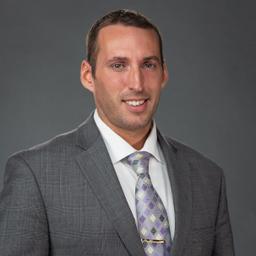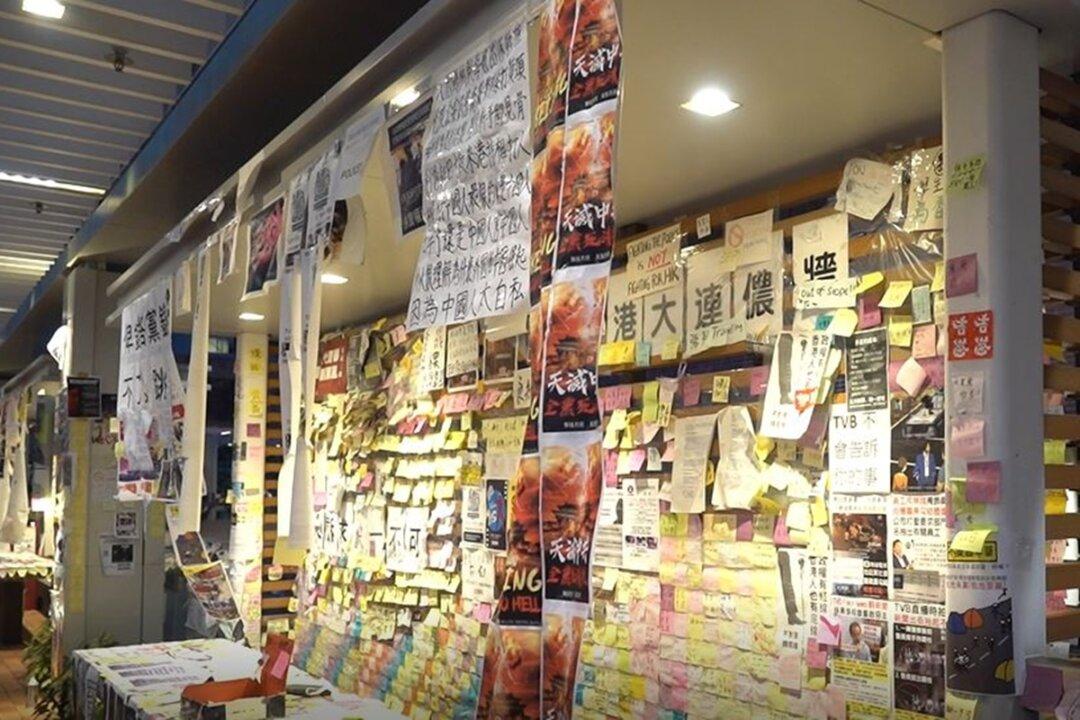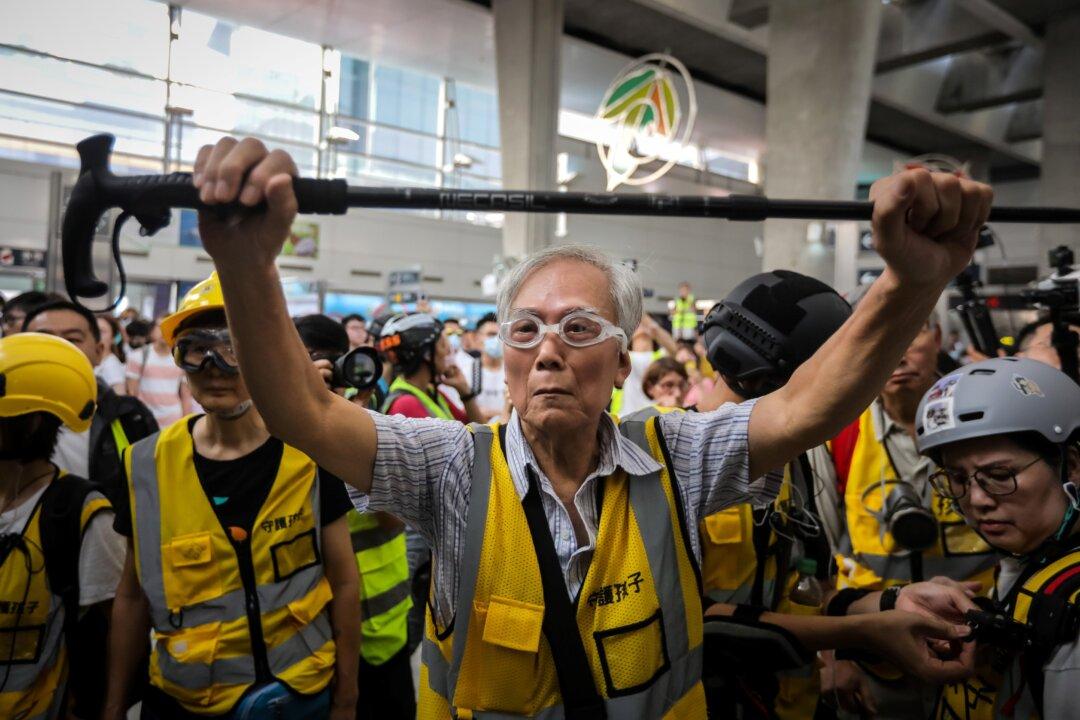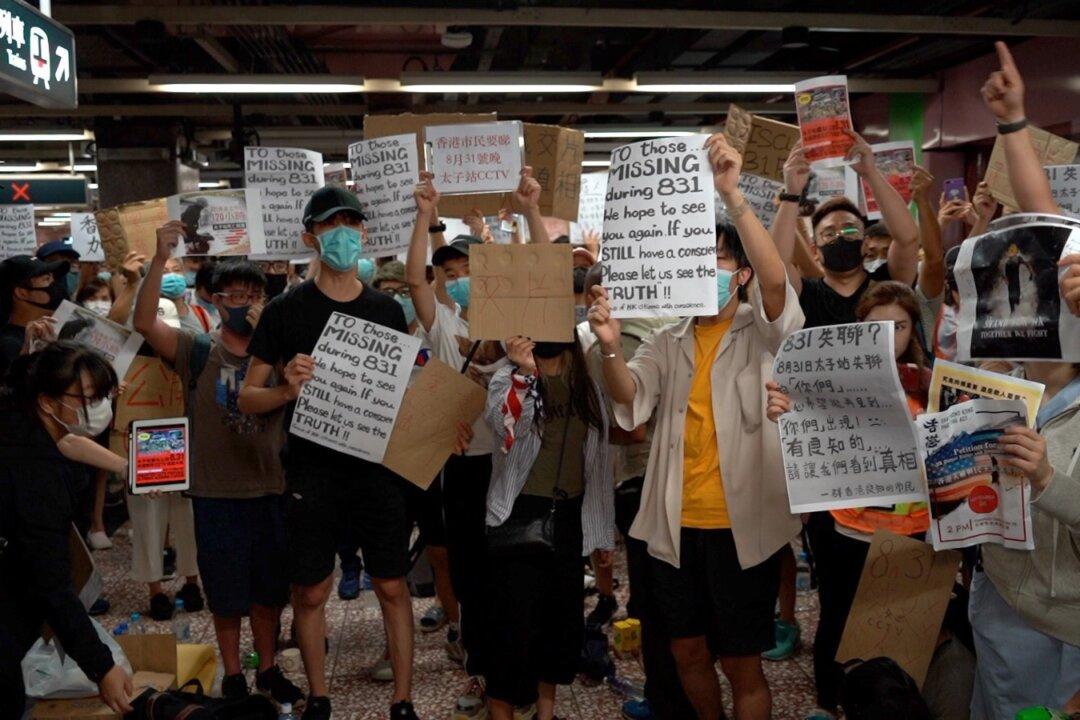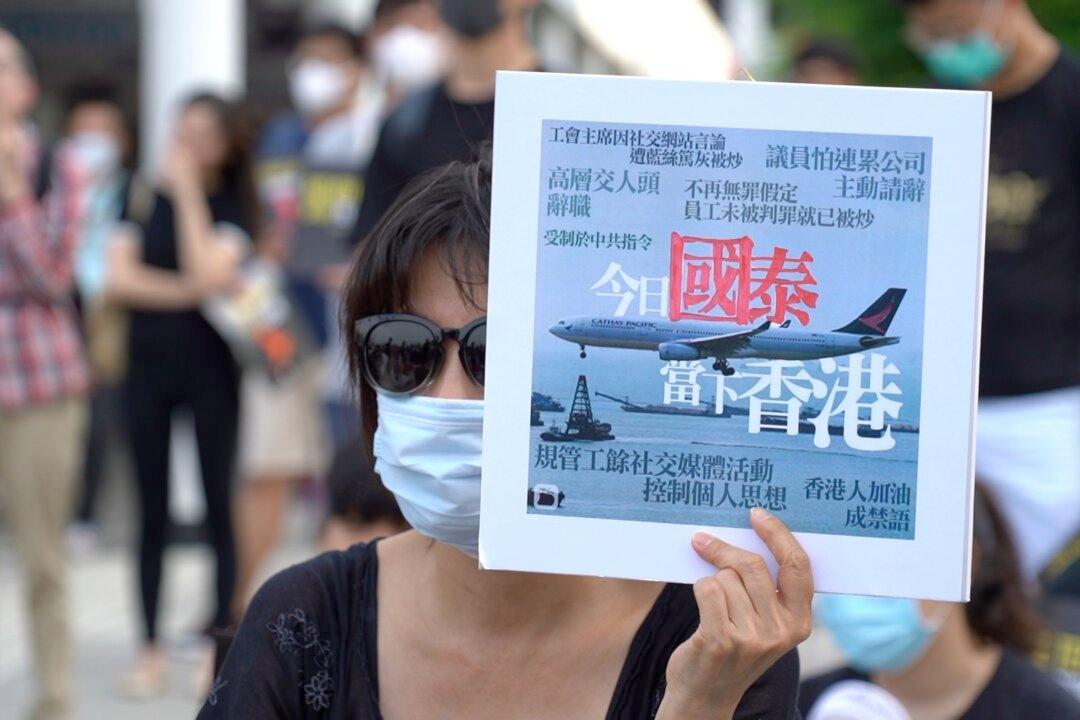Jeffrey Epstein’s controversial death by alleged suicide has sparked more questions. They are centered mainly around how the Metropolitan Correctional Center allowed it to happen to a high-profile inmate whose life was marked by wealth, power, and years of sex-crime allegations.
Larry Levine, a prison consultant, and criminal justice expert says that in the special housing unit where Epstein was held, guards are directed to check on each inmate once every 15 to 30 minutes. However, recent reports indicate Epstein was unattended for several hours the night he died.

